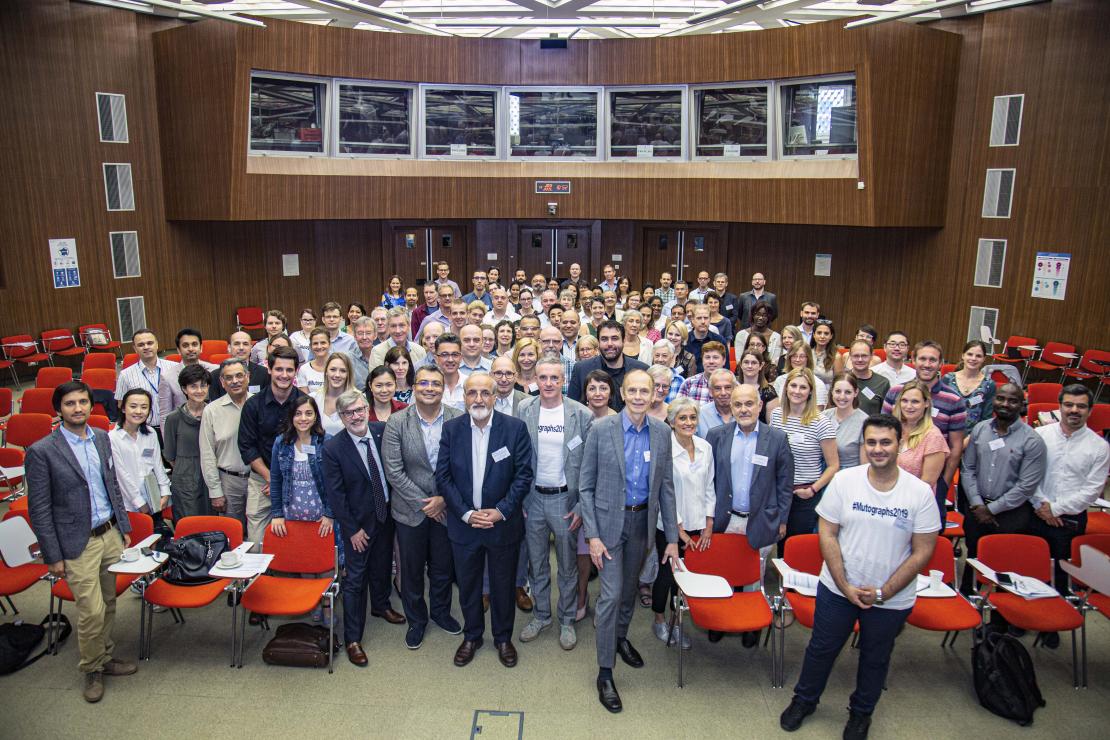Oesophageal squamous cell carcinoma (ESCC) is the most common type of oesophageal cancer – a disease that affected more than 600,000 people worldwide last year*. Incidence of the disease varies dramatically around the world and is more than 100x more common in some countries than others.
In new findings published in Nature Genetics, the Cancer Grand Challenges Mutographs team sought to understand this difference, hoping to find a unique pattern of damage on the DNA of patients from areas of high ESCC incidence - known as a mutational signature. Working backwards this damage can help to identify unknown causes of cancer.
Surprisingly, however, no mutational signature was identified that could account for such high variation in ESCC incidence around the world.
"The variation of ESCC incidence is a long-standing scientific conundrum, since it was first reported in the 1960s,” said Professor Paul Brennan, co-investigator of the Mutographs team and leader of the Genomic Epidemiology group at the International Agency for Research on Cancer, France. “With these findings, we’ve added another piece to the puzzle of ESCC, only made possible by the opportunity granted by Cancer Grand Challenges and Cancer Research UK, to collaborate globally, cross-discipline and at such scale.”
Director of Cancer Grand Challenges, Dr David Scott, said: “The Cancer Grand Challenges Mutographs team combines the power of epidemiology and genomics for the first time to really delve into the long-standing question of ESCC incidence around the world. The information and new avenues of research that have been unlocked are hugely interesting and highlight the power of global collaboration across disciplines.”
Learn more: read coverage in The Observer and Nature Genetics’ News and Views.
Image: the Mutographs team and collaborators in Lyon, France
Follow us on Twitter and LinkedIn to stay up-to-date with our progress:
